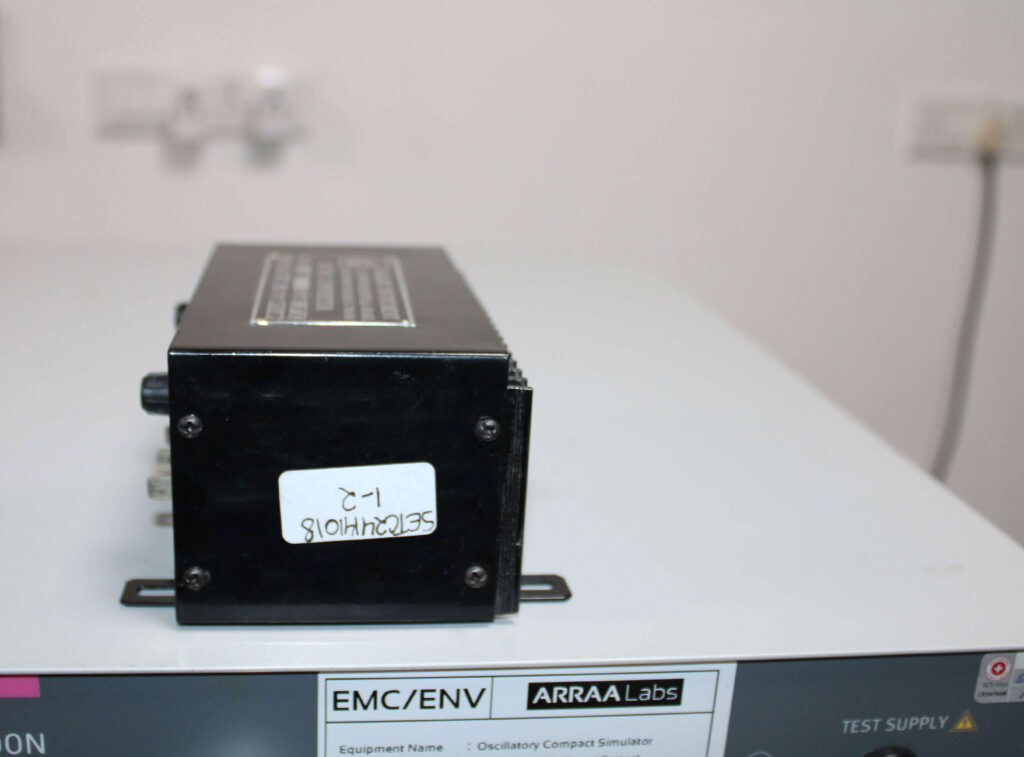EMC (Electromagnetic Compatibility) testing for DC-DC converters is essential to ensure that these devices meet regulatory standards and operate without causing or experiencing electromagnetic interference. Here’s a breakdown of the EMC testing typically involved for DC-DC converters:
Standards for DC-DC Converter EMC Testing

DC-DC converters are often tested to meet international standards like:
- CISPR 32 / EN 55032 for emissions (for multimedia devices)
- EN 61000-4 Series for immunity (covers ESD, conducted/radiated immunity, and surge testing)
- MIL-STD-461 for military applications (if required for defense-grade equipment)
Key Aspects of EMC Testing for DC-DC Converters
Measures the electromagnetic emissions conducted through the power cables. Ensures that the converter does not emit excessive RF noise into the power lines, which could affect other electronic equipment.
Detects any unwanted electromagnetic energy radiated from the device. Ensures that the converter does not interfere with other devices via radiation into the surrounding environment.
Evaluates how the converter withstands electromagnetic disturbances conducted through its input and output cables. Ensures that the device can continue functioning properly when exposed to conducted disturbances.
Evaluates how well the converter can handle electrostatic discharges, which can occur from human interaction or other sources. This is crucial to prevent operational disruptions or damage from static electricity.
Evaluates the converter's ability to withstand voltage surges or transient events. This includes surges from lightning strikes or power switching, ensuring durability in adverse conditions.
ARRAA Labs is well-equipped and provides comprehensive EMC testing services, including Conducted Emissions, Radiated Emissions, Conducted Immunity, Radiated Immunity, Electrostatic Discharge (ESD), and Surge and Transient testing. Contact us now to receive the most accurate and reliable EMC testing services and certification.